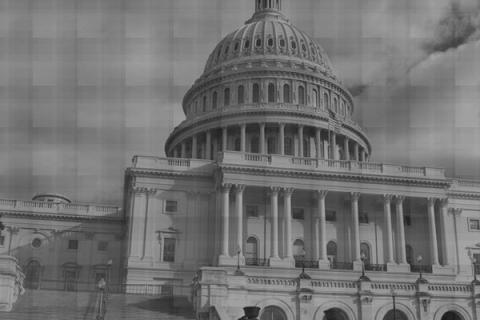Voters in San Jose and San Diego will decide on Tuesday whether to approve measures to lower public pension costs by reducing benefits. These elections are critical to the pension reform movement, with many across the nation watching these bellwether votes. If the measures pass, they will provide momentum for other municipalities to use similar tactics to reduce public pension costs. Public unions are understandably opposed to radical change in pension plans even as they, and most, acknowledge that some changes are needed.
San Jose is heavily Democratic while San Diego is more conservative. However both cities have upwards of 25% independent voters and these independents could provide a crucial difference in a win or loss for the increasingly bi-partisan issue of pension reform. My prediction is both measures will pass, helped by independent voters. The lawsuits will start soon after.
The collapse of the real estate bubble damaged the financial health of many cities. Despite this, public pension costs continued to rise steadily. Municipalities are caught in a relentless downward spiral of less revenue and increasing costs. As an example of just how bad it can get, look at North Las Vegas. They are so broke that their city council just invoked an obscure statute, declared a state of emergency, and suspended collective bargaining with public unions. If all other measures fail, they have a nuclear option – discorporation. Yes, the city would simply cease to exist as a political entity. In news that would seem comical if it wasn't so tragic, the city of Stockton, California spent $35 million for a new city hall, couldn't make the loan payments, and Wells Fargo has just seized the building. Pension obligations are a major reason the city is in such dire financial condition.
On Tuesday, San Jose voters will decide whether to approve Measure B. If passed, new hires would have fewer benefits. Current employees would either choose to pay more for their current pension or opt in to a plan with fewer benefits. The influential San Jose Mercury News has endorsed the measure saying that pension costs have tripled in a decade even as the numbers of employees has been reduced and that reducing pension costs will allow to city to again provide needed services.
Prop B in San Diego, CA is even more sweeping. It would replace the existing pension plan with a system similar to a 401k for new hires, excluding police. This, in effect, would replace a defined benefits system with a defined contributions system. How much you pay in would mostly determine what you receive, rather than having your benefits defined (with the public pension fund often being able to force the state or municipality to make up any shortfall in fund revenue). Much of these savings will be done by freezing pay for five years. However, the city council can override that pay freeze each year by a two-thirds vote, at which point there would be no savings. Confused? So are many others.
The real problem with public pensions is projected future costs. These reach into the billions for San Diego and San Jose and are unfunded. No one knows where the money will come from. This is the issue that must be addressed, and the sooner, the better.

